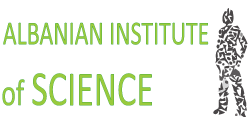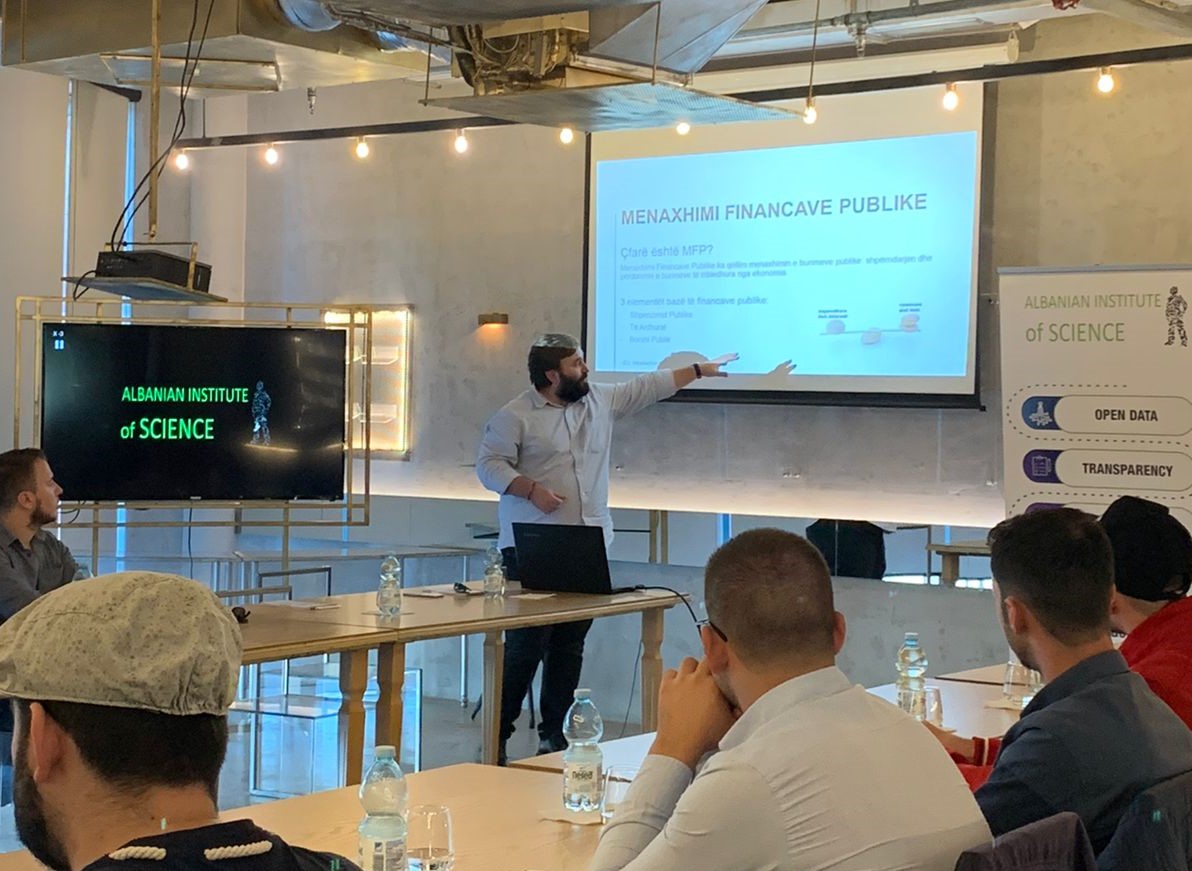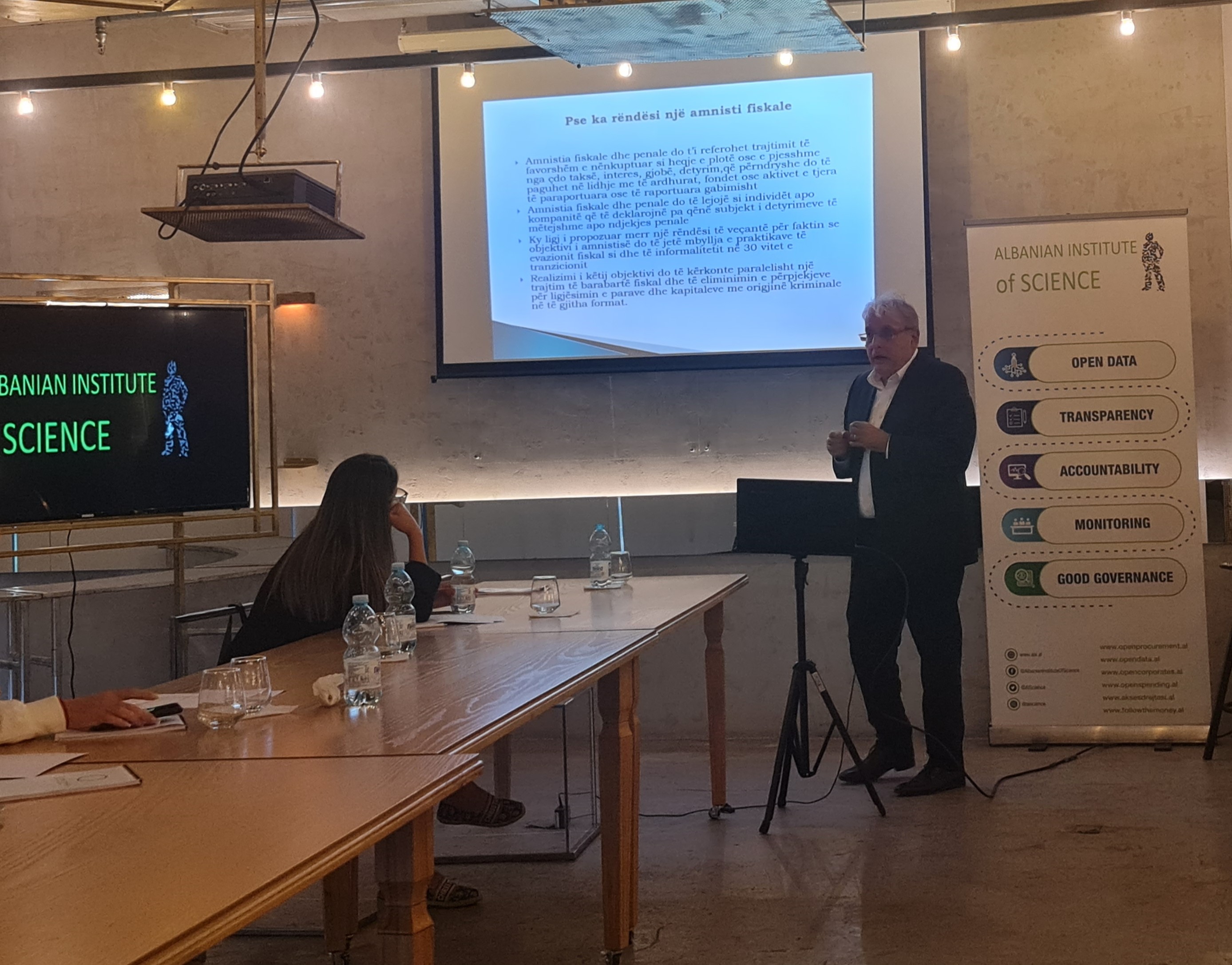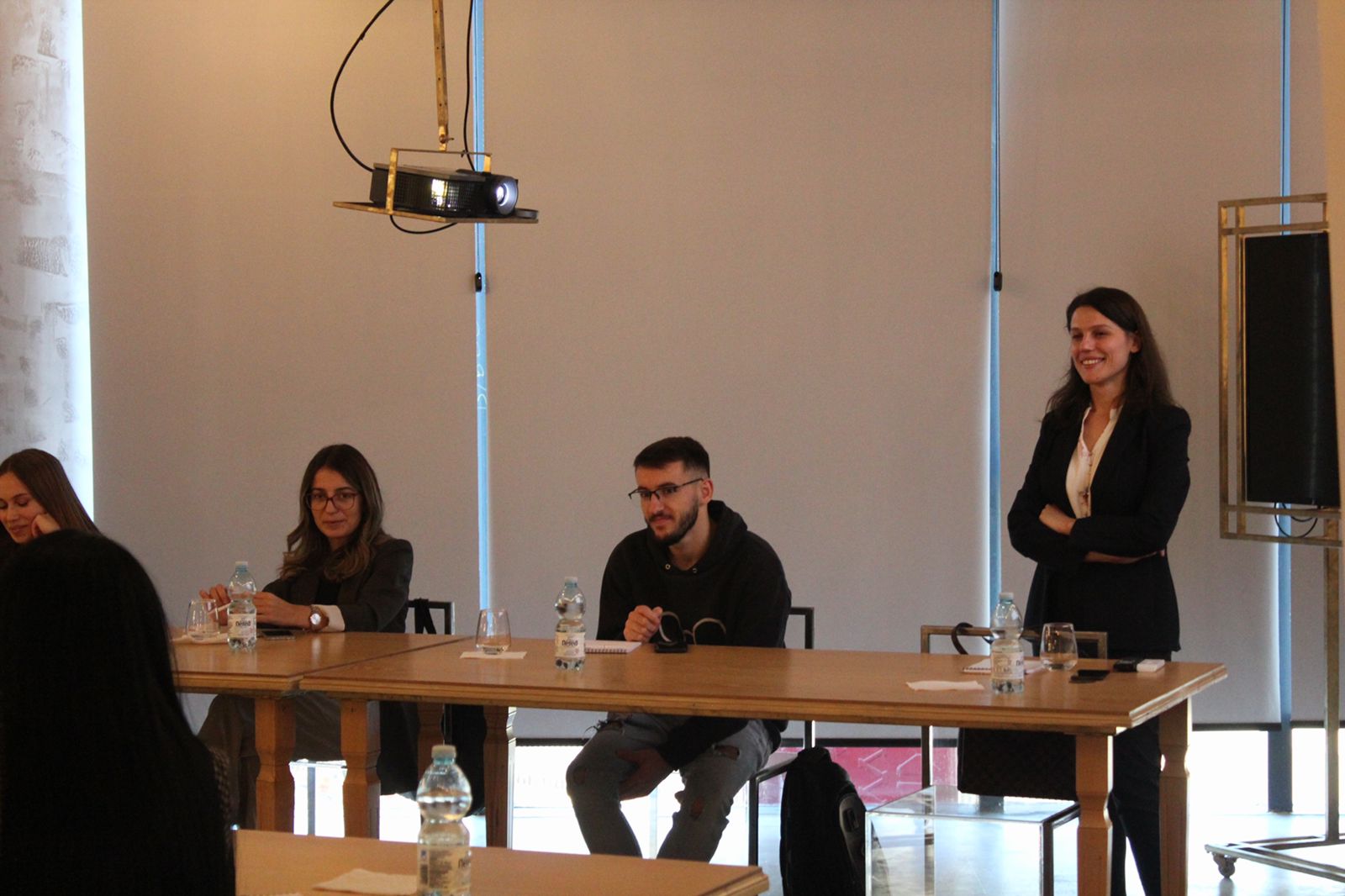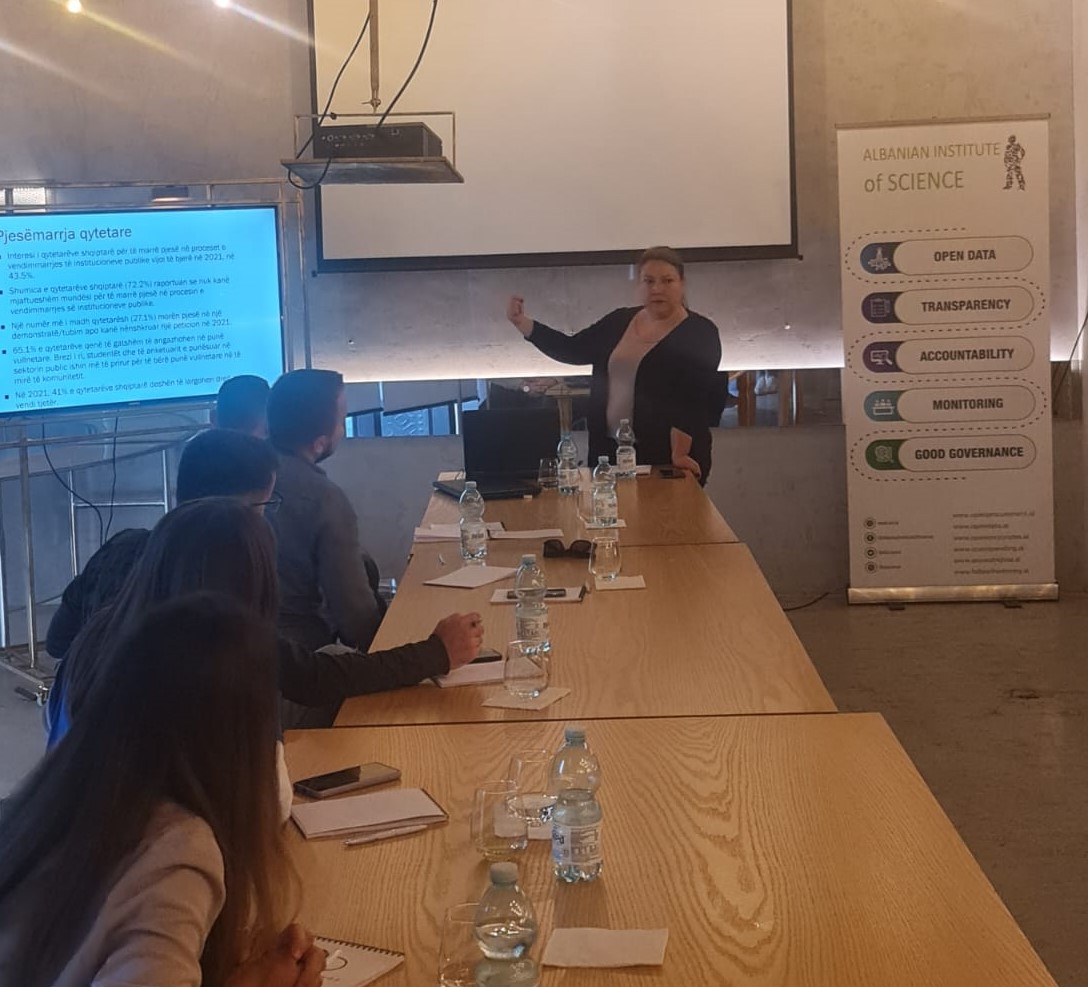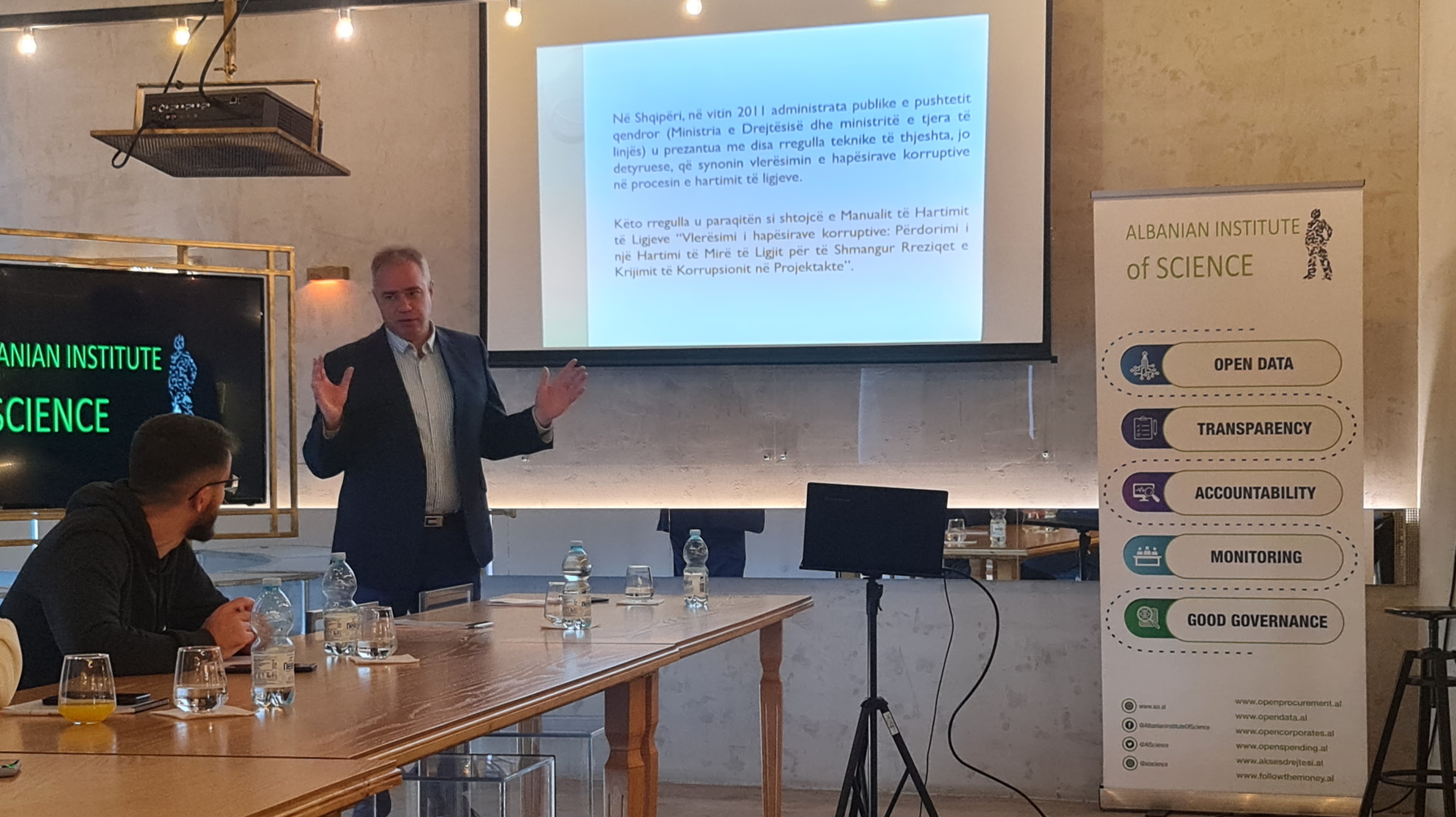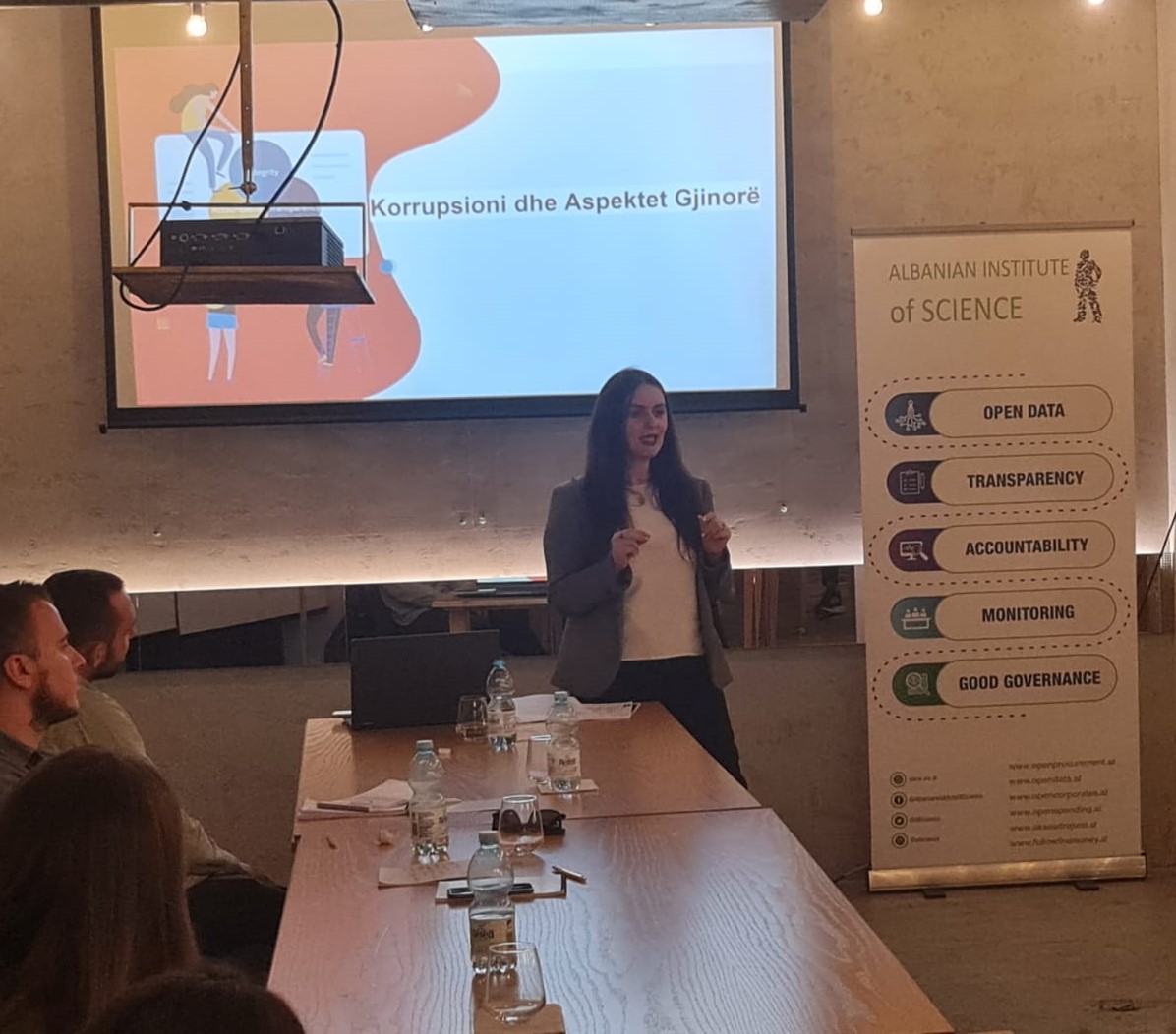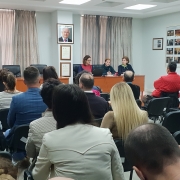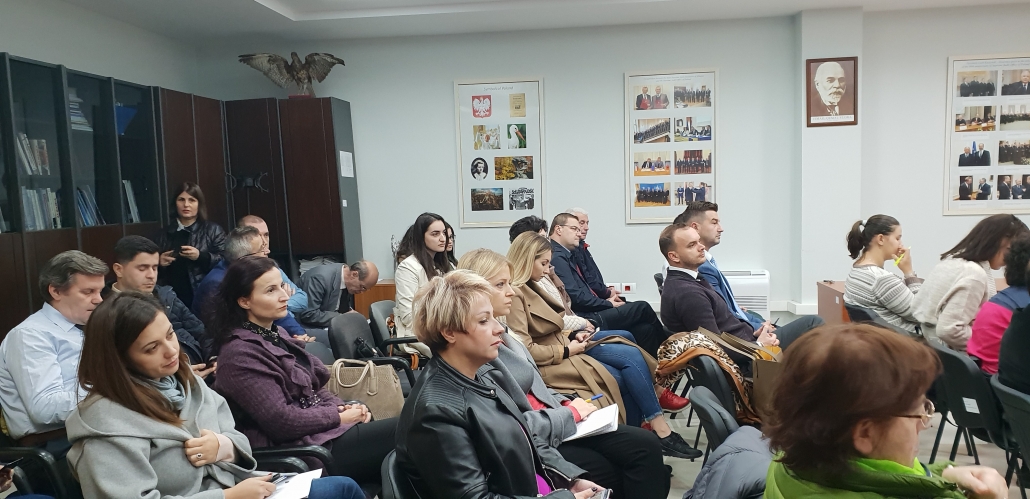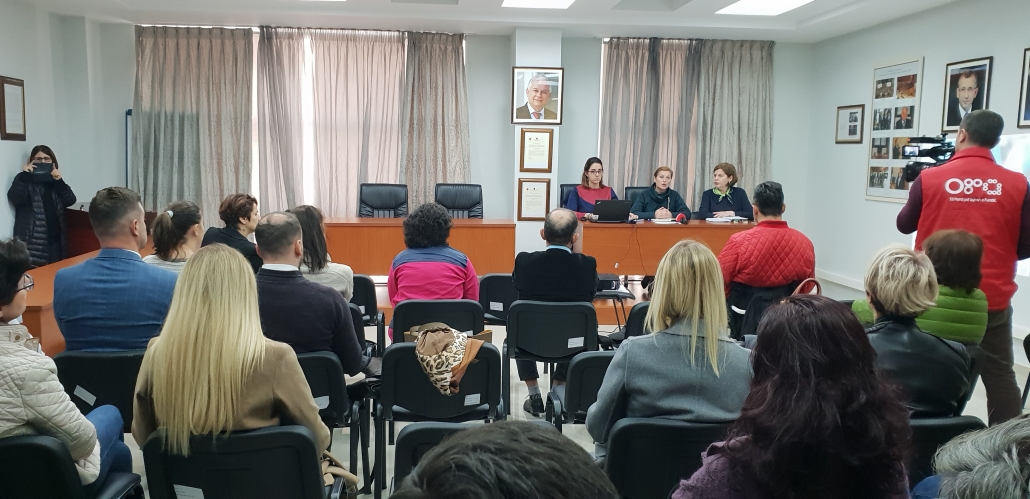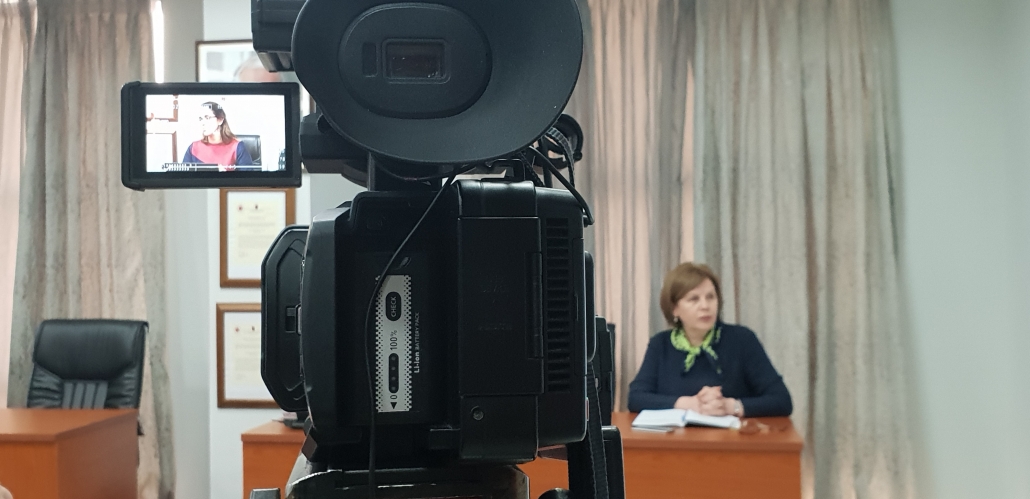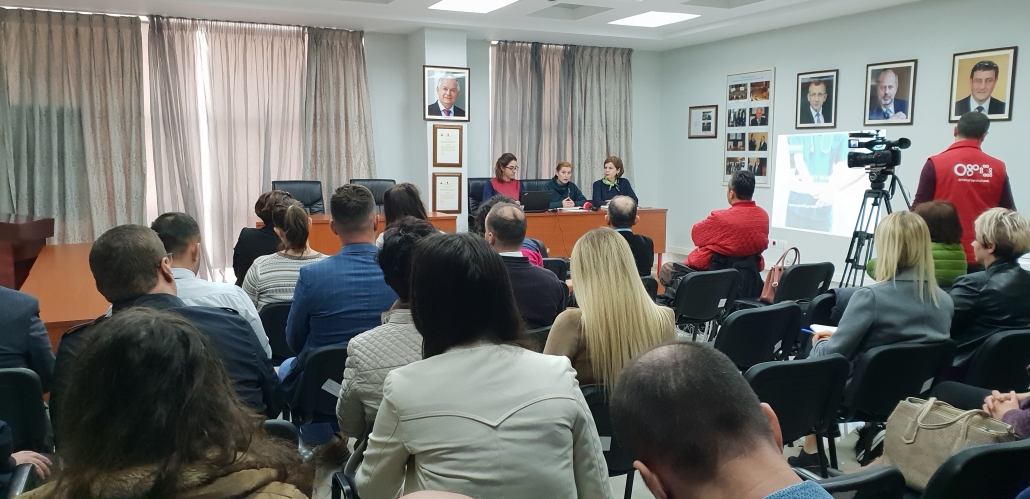Training Cycle: Youth Empowerment against Corruption – Citizen Education, Improve Fact Checking Models
The Organization AIS / Open Data Albania is holding this week (October 2022) a training cycle with young people, part of the OpenDataYouth Network. The young participants in this program are selected through competition targeting young journalist professionals or students; economists; tax accountants; future politicians; analysts; sociologists; researchers; etc.
The purpose of the Training is to raise the capacities and empower the youth, as the category most predisposed to bring change in society. The targeted capacity includes awareness, articulation, education and evaluation on issues of good governance and anti-corruption. Provide them with knowledge about the stakeholders engaged in anti-corruption phenomena and tracking methods. The final goal is for a researcher, activist, journalist in the first steps of the profession, or during university studies to be able to articulate publicly on issues related to governance and corruption
There are eight specific topics addressed during October with a focus on anti-corruption and good governance issues, namely Corruption and EU Integration; Media and Anti-Corruption; Institutions and Stakeholders engaged in Anti-Corruption; Gender Perspective and Anti-Corruption; Corruption by Law; Money Laundering Challenges; Fiscal Policy and Civil Society and Activism for Anticorruption.
Working with young people and empowering them against corruption is part of the implementation of the Open Data, Access and Transparency over sectors exposed to Risk of Corruption Project. The project is supported by the Swedish International Development Cooperation Agency, Sida. One of the components of the project is Youth Empowerment against Corruption – Citizen Education, Improve Fact-Checking Models.
This component shall consist of several events. Its objective is to educate and develop the skills of a group of young people in critical thinking and articulation on issues related to corruption. The component envisages activities such as training, individual work sessions, internships at the organization, forum, preparation of articles and networking.
See the Training Program: HERE
See the Curricula HERE
Photo from the Training:
Announcements and other Network Events:
Call Apply to become part of the open data fellowship youth network http://ais.al/new/en/apply-to-become-part-of-the-open-data-fellowship-youth-network/
OpenData Fellowship Youth Network working with young people to increase their capacities
Forum “Youth and Emigration as an inducement to live for a better country
